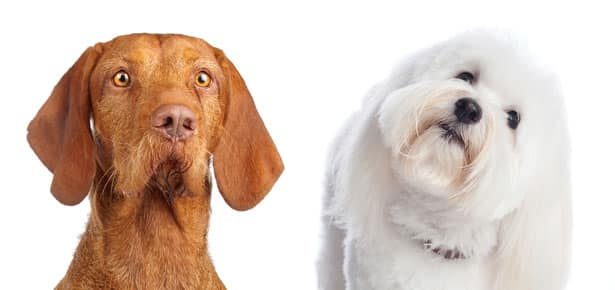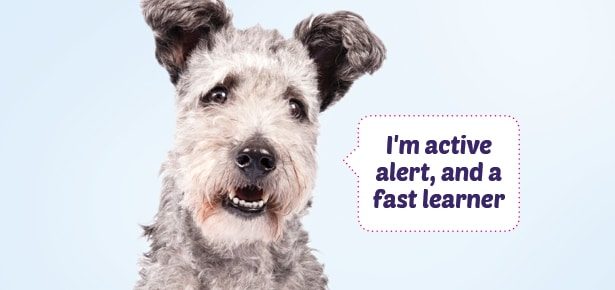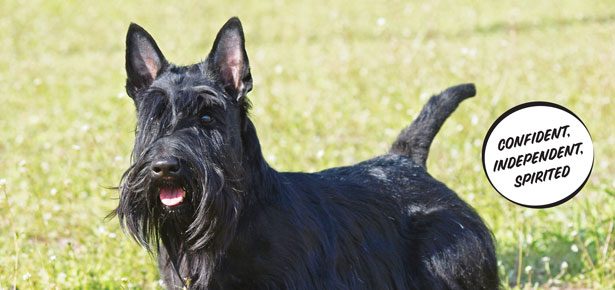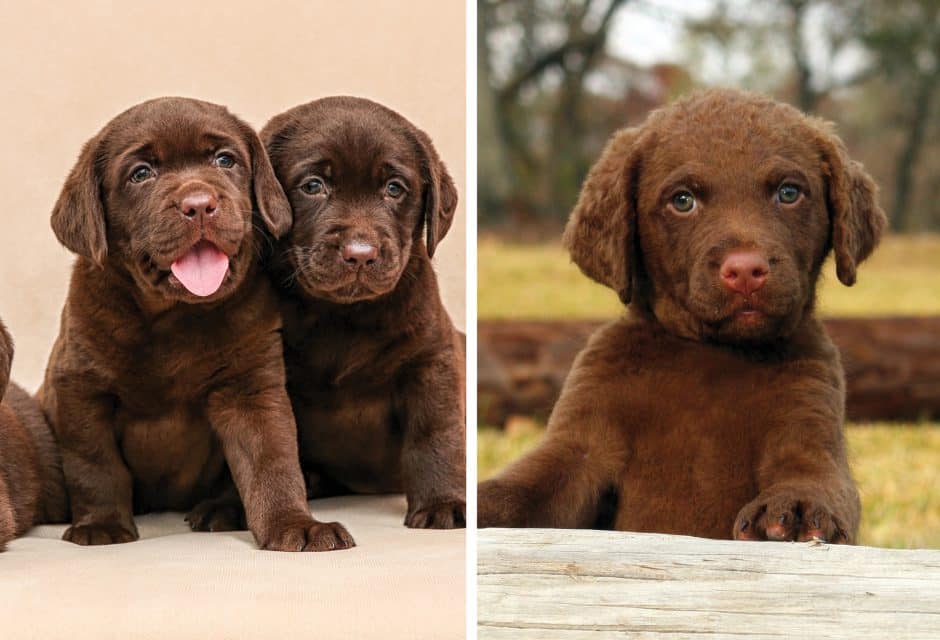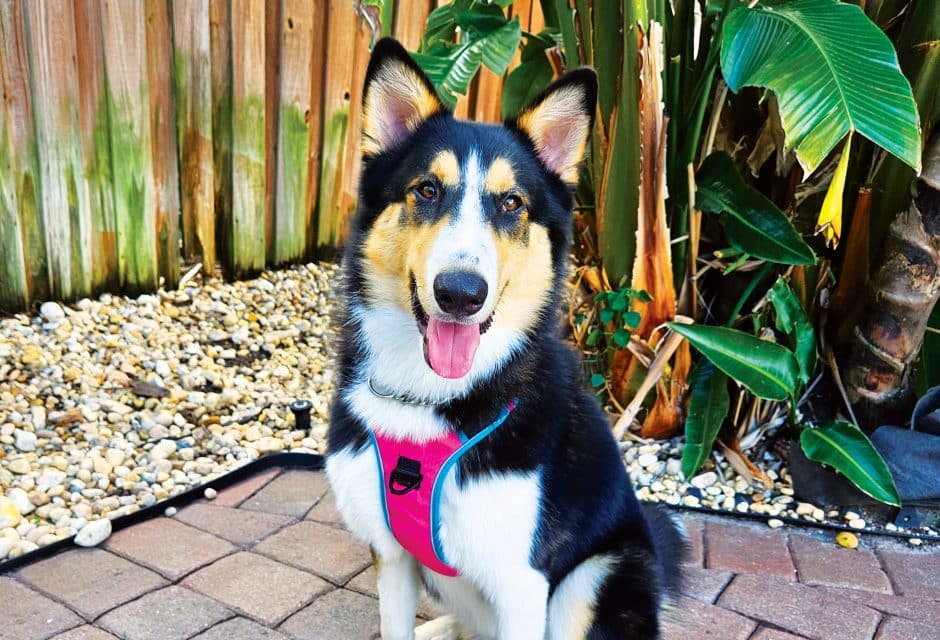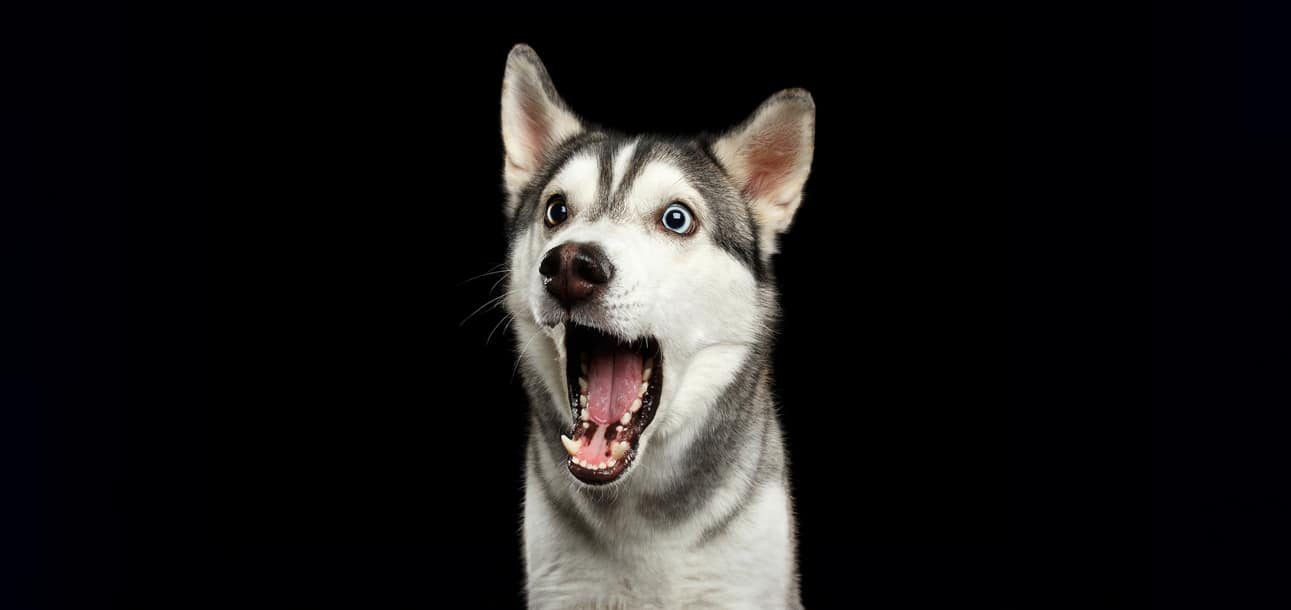
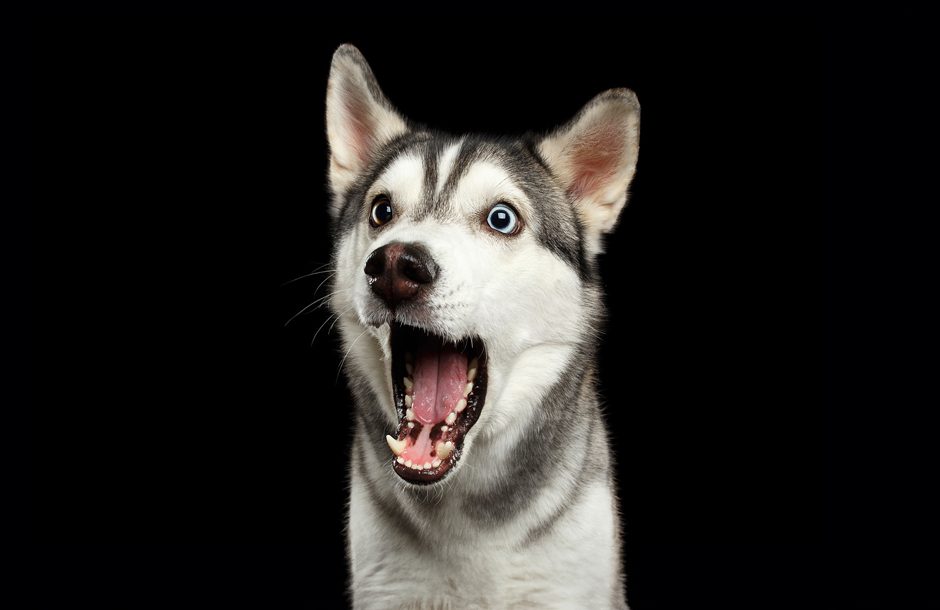
The Siberian Husky
Loyal, outgoing, mischievous... Is the Siberian Husky right for you? Read on to find out!
With its intense eyes, soulful howl, and seemingly endless endurance, the Siberian Husky has earned its reputation as a tough working breed. But there’s more than meets the eye, because the Siberian has a softer side— a sweet disposition and affectionate nature. It’s an uncommon combination, but this breed is anything but average.
Siberian Husky Stats At a Glance
Siberian Husky Origins
The Siberian Husky was bred as a sled dog and developed by the Chukchi, an indigenous people of northeastern Asia who reside just north of the Bering Strait, where Russia and Alaska almost meet. In the early 1900s, the Chukchi dogs were brought to Alaska by a Russian fur trader named William Goosak, who used them to compete in sled races, including the All-Alaska Sweepstakes. Alaskan sled dog enthusiasts were so impressed with the Chukchi dogs they continued to develop the line, resulting in the breed we know today as the Siberian Husky.
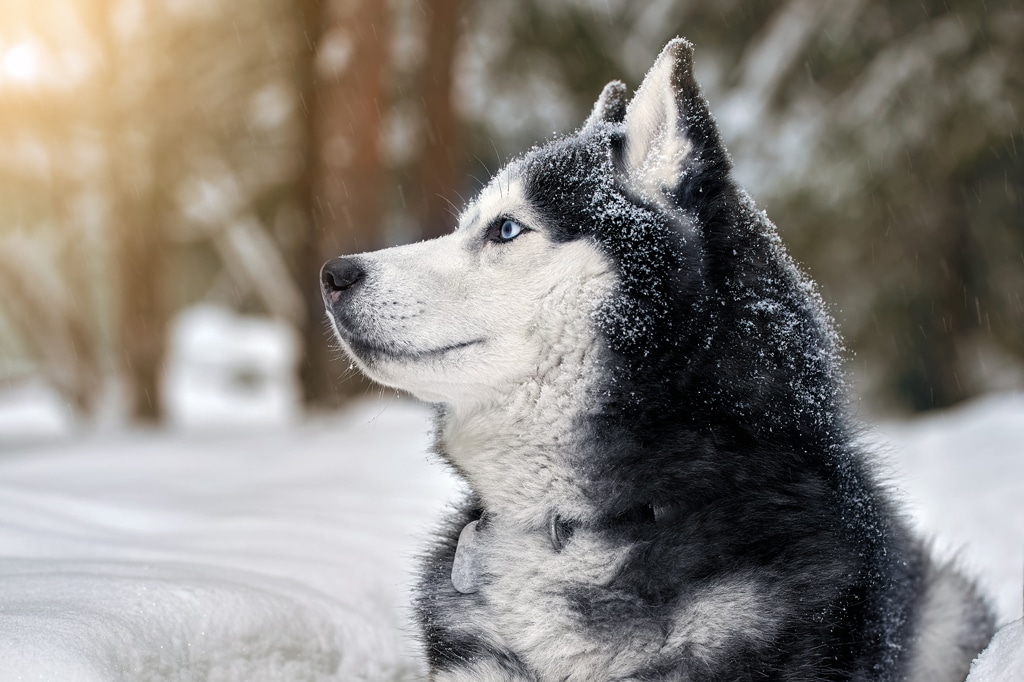
Westsib/Bigstock
The Siberian Huskies bred from the Chukchi canines worked as sled dogs in the far north and remained relatively unknown to the general public until the winter of 1925, when a diphtheria epidemic broke out in the remote town of Nome, Alaska. A serum was available, but with extreme ice-bound conditions complicating travel, getting it there seemed impossible. Enter the Siberian Huskies, who travelled by relay teams and brought the life-saving medicine to Nome. For their role in what was dubbed the Great Race of Mercy, Siberian Huskies became national heroes almost overnight.
Leonhard Seppala was one of the Nome relay’s lead drivers, having taken the harshest and longest leg of the journey. He brought his dogs on an American tour, showcasing the breed and proving in challenge after challenge the Siberian’s superiority as a sled dog. Seppala was instrumental in the development of the Siberian and in efforts to create a uniform breed standard. In 1938, the Siberian Husky Club of America (SHCA) was founded.
The Siberian Husky as a Family Pet: Is the Siberian Husky Right For Me?
But what of today? Can a tough working breed also thrive as a family pet? In a word, yes. The Siberian was ranked by the AKC as the 16th most popular breed registered in 2011. Is it the right breed for you? You’ll have to consider the following.
Siberian Husky Exercise Requirements
First things first: these dogs need exercise. The Siberian’s natural instinct is to run. And run. And run! Providing a daily outlet for physical exercise is an absolute must and the SHCA strongly advises owners to fence in yards and keep their Siberians on leash or under control at all times.
Like most working breeds, the Siberian is likely to be happiest when he has a job to do. These dogs revel in activities like sledding and skijoring, but obedience training can also provide both physical and mental outlets—which brings us to the subject of training.
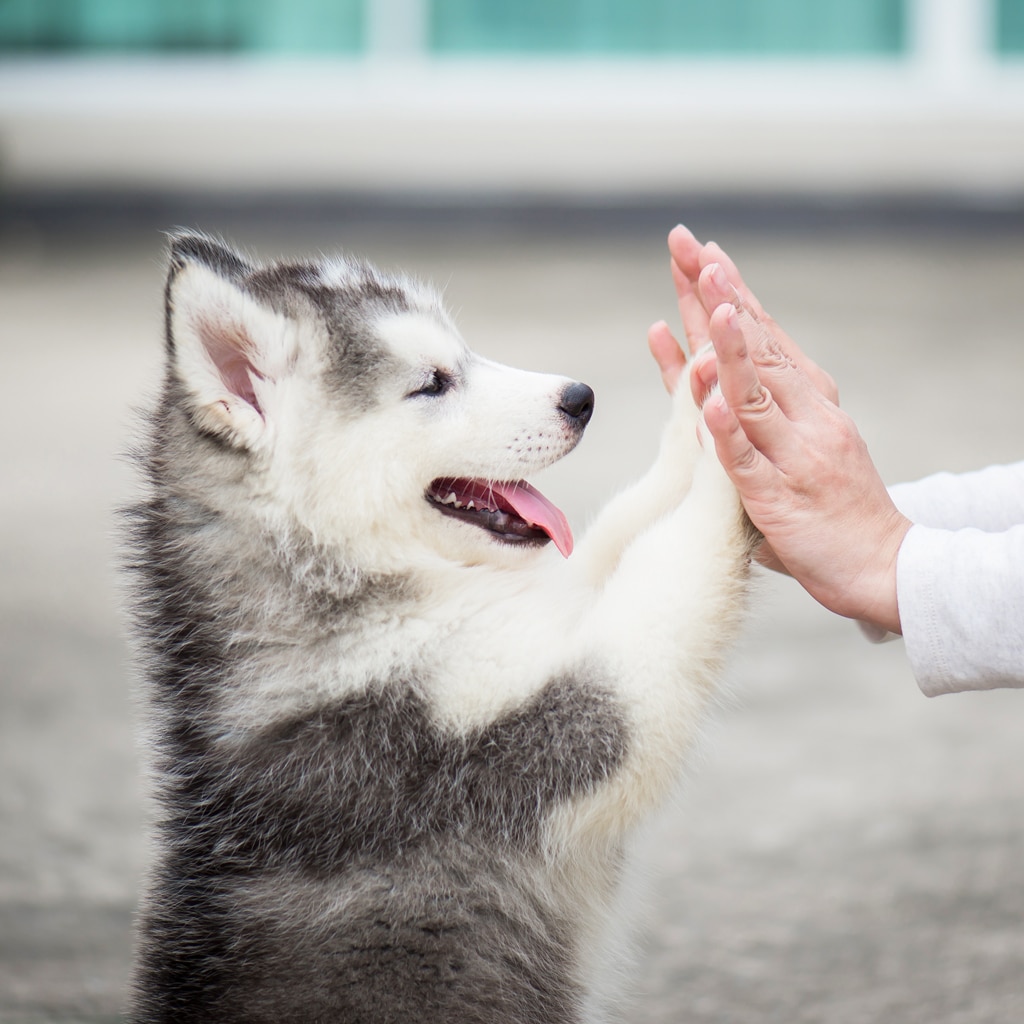
ANURAK-PONGPATIMET/Shutterstock
Siberian Husky Personality & Behaviour
If you happen to be drawn to breeds that are intelligent but independent-minded, a Siberian might fit the bill. This is a spirited and naturally-inquisitive breed. Keen and alert, the Siberian is a thinker. Biddable and easy to train? Perhaps not, but with patience and a commitment to training you will be rewarded with a dog that is not only beautiful, but also well-mannered.
Quiet, they are not. Many know of the breed’s wolf-like howl, but the Siberian’s symphony of sounds extends to barks, yodels, and what some describe as a type of singing.
How Popular Is the Siberian Husky?
Most Popular Dogs in the US
According to the most recent AKC registration statistics (2022)
[1] French Bulldog
[2] Labrador Retriever
[3] Golden Retriever
[4] German Shepherd
[5] Poodle
[6] Bulldog
[7] Rottweiler
[8] Beagle
[9] Dachshund
[10] German Shorthaired Pointer
[21] Siberian Husky
Siberian Husky Grooming Requirements
Grooming requirements, though a DIY affair, are also a consideration. The Siberian keeps himself fastidiously clean, but fur is a factor. The breed’s thick double coat requires weekly brushing. A thorough shedding will occur at least once a year.
Siberian Husky Health Concerns
Lastly, a few notes about breed health. Although generally a very healthy breed, SHCA identifies two health concerns for Siberians: hip dysplasia and inheritable eye disease. In both cases, much progress has been made through responsible breeding practices. The national breed club advises people to seek out reputable breeders who will provide Orthopedic Foundation for Animals registry papers as well as eye examination reports for both the sire and dam of the litter.
The Siberian Husky is, in a word, special. He answers the call of the wild, but also serves as an affectionate companion. Who could ask for anything more?
» Read Your Breed For more breed profiles, go to moderndogmagazine.com/breeds
Join the newsletter and never miss out on dog content again!
"*" indicates required fields
By clicking the arrow, you agree to our web Terms of Use and Privacy & Cookie Policy. Easy unsubscribe links are provided in every email.

